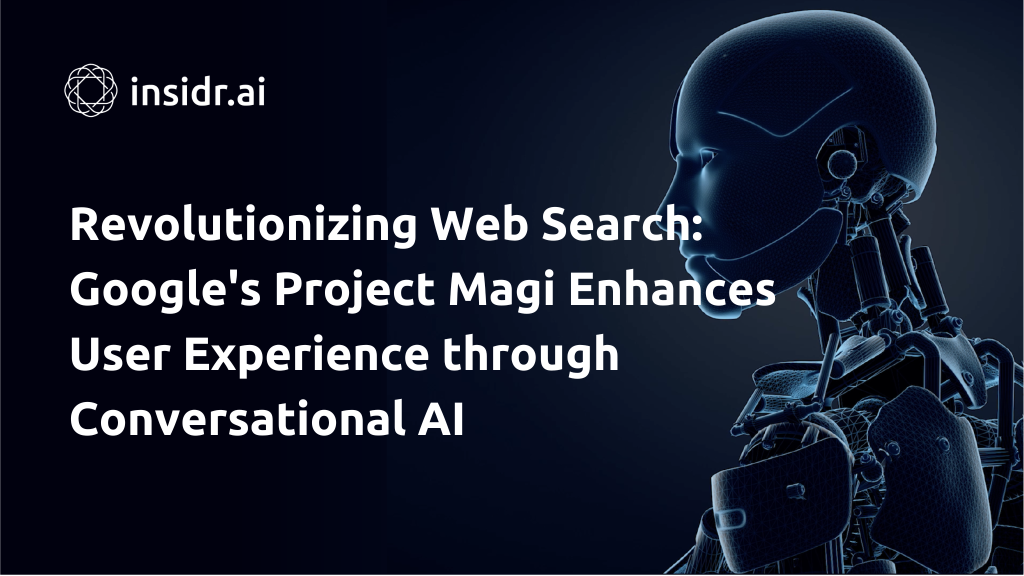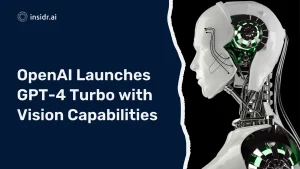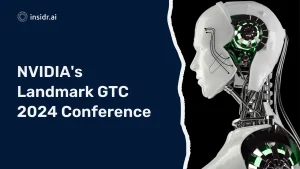
In a rapidly evolving digital landscape, Google’s Project Magi emerges as a game-changing innovation that aims to transform the way we interact with search engines.
With the integration of Generative AI, this project promises to make web search more visual, snackable, personal, and human.
This article delves into the key features and potential impact of Google’s Project Magi, exploring how it can revolutionize the search experience for users worldwide.
Enhancing User Engagement with Conversational AI
With the rise of Generative AI as a dominant buzzword in 2023, Google’s Project Magi capitalizes on this technology to enable users to engage in natural and interactive conversations with the search engine.
Gone are the days of typing in specific keywords and receiving a list of search results.
Instead, Project Magi aims to create a more intuitive search experience by fostering a dialogue-like interaction with the user.
Through advanced natural language processing algorithms, Project Magi can understand user queries in a conversational manner, extracting context, intent, and nuances to provide highly relevant and accurate results.
This conversational AI framework opens up a new realm of possibilities, allowing users to ask follow-up questions, seek clarifications, and receive instant, personalized responses from the search engine.
Visualizing Search Results for Enhanced Accessibility
One of the key aspects of Project Magi is its focus on enhancing visual elements within search results.
With the integration of AI, search queries can now produce visually appealing and informative snippets, making information more easily consumable for users.
Instead of relying solely on text-based descriptions, search results can now incorporate images, videos, graphs, and interactive elements to present information in a more engaging and comprehensible manner.
This visual enhancement not only enhances the aesthetic appeal of search results but also facilitates quicker understanding and decision-making for users.
By presenting information in a visually stimulating format, Project Magi caters to the increasing demand for snackable content that can be swiftly absorbed and processed by users with limited time.
Personalizing Search: Tailoring Results to User Preferences
Recognizing the significance of personalization in the search experience, Project Magi seeks to deliver search results that align with the unique preferences and interests of each user.
Leveraging AI algorithms, this project analyzes user behavior, search history, and contextual data to curate personalized search results tailored to individual needs.
By understanding user preferences, Project Magi can surface content that is more likely to resonate with the user, thereby improving the overall search experience.
Whether it’s personalized news updates, tailored product recommendations, or relevant local information, the goal of this project is to ensure that users receive highly customized and relevant search results that align with their interests.
Humanizing Search: Emulating Human-like Interactions
Another key objective of Google’s Project Magi is to imbue search engines with a more human-like quality.
Through advancements in Natural Language Processing (NLP) and AI, Project Magi aims to create search interactions that feel more natural, empathetic, and conversational.
By simulating human-like interactions, Project Magi can foster a sense of connection between users and search engines, making the search process more relatable and engaging.
The incorporation of sentiment analysis enables the search engine to gauge user emotions and respond accordingly, providing a more empathetic and personalized search experience.
Conclusion
Google’s Project Magi represents a significant leap forward in revolutionizing the web search experience.
By harnessing the power of Generative AI, this project aims to create a more interactive, visual, personalized, and humanized search environment.
With the ability to engage in conversational dialogues, present visually enriched search results, tailor content to individual preferences, and emulate human.
Discover More AI Tools
Every week, we introduce new AI tools and discuss news about artificial intelligence.
To discover new AI tools and stay up to date with newest tools available, click the button.
To subscribe to the newsletter and receive updates on AI, as well as a full list of 200+ AI tools, click here.







